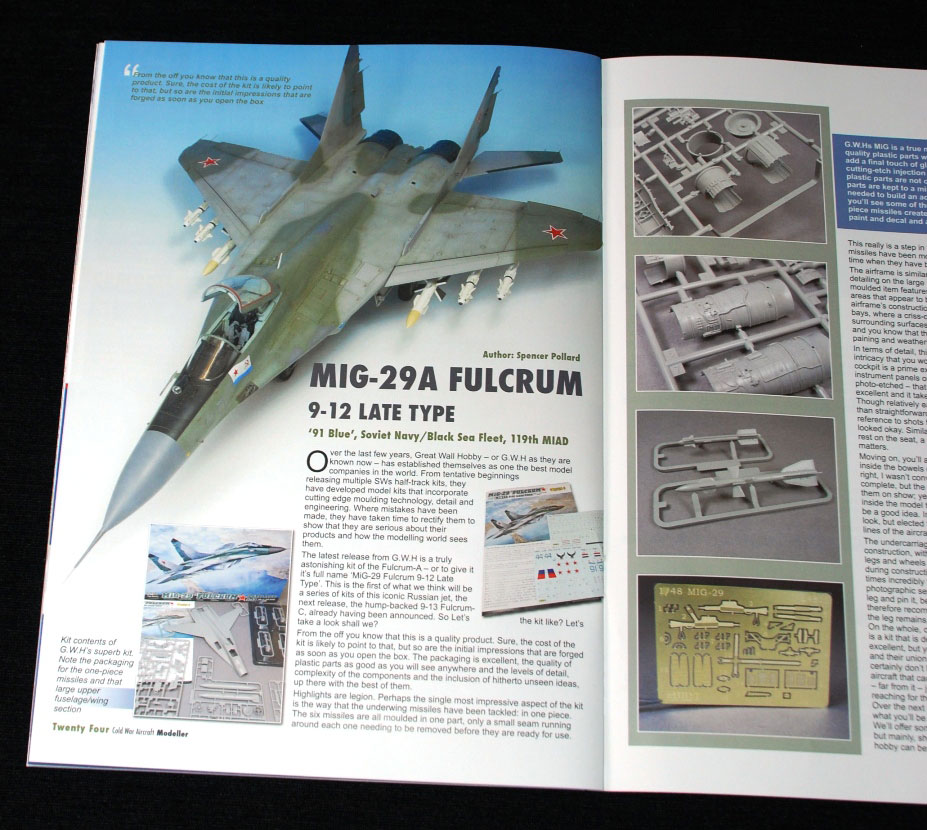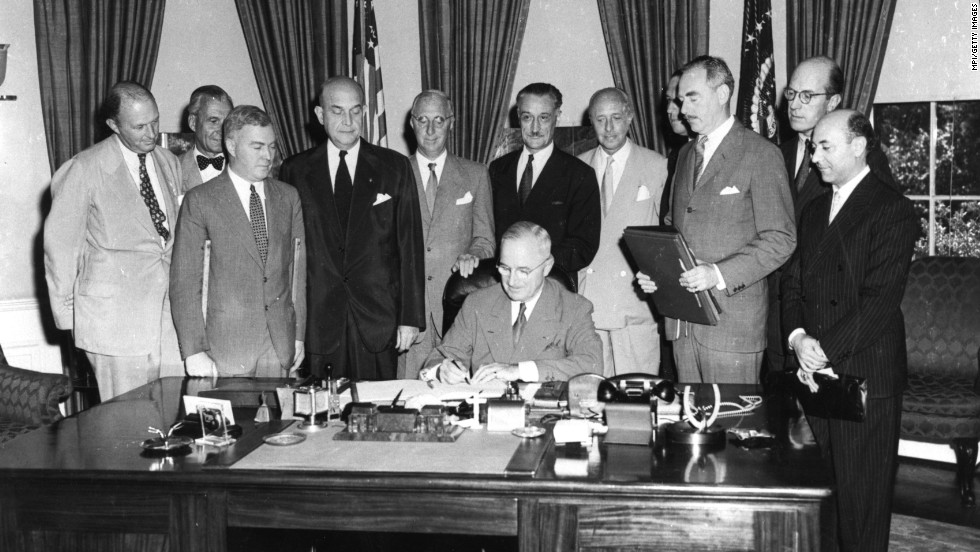
As a senior, he published in the Grotonian "The Snob in America," a thinly veiled assault on the Groton style. When he was sent off to boarding school at Groton - that bastion of elitism where the Auchinclosses and the Harrimans rubbed elbows under the school's domineering rector, Endicott Peabody - Acheson rebelled, graduating at the bottom of his class. Acheson grew up in comfortable, upper-middle-class circumstances in Middletown, Connecticut. His father, an Irish immigrant, was a low-church Episcopal rector his mother was from a successful family of millers, well off but not rich.

Acheson's "clipped mustache, his British tweeds, and his haughty manner made him the perfect foil for the snobbish kind of foreign service personality and mentality that had been taken in hook, line, and sinker by the Communists."įor all his sartorial dash and aristocratic tone, however, Acheson's roots were neither wealthy nor patrician. He talked, said one, "as if a piece of fish had got stuck in his mustache." Richard Nixon recalled in his memoirs that Acheson presented an irresistible target to Republicans looking for a symbol of the effete Eastern establishment. Even less intemperate senators found Acheson arrogant and supercilious. The confusion about Acheson begins with something as mundane as his appearance: his famous "aristocratic" bearing, the prominent mustache, the natty clothing, and the mid-Atlantic accent that so grated on Republican Senators in the 1940s and '50s: "this pompous diplomat in striped pants, with the phony British accent," as Senator Joseph McCarthy once put it.


Yet, as James Chace's new biography of Acheson shows, the true meaning of the man's legacy and what it implies for American foreign policy today remains a matter of intense debate. The Cold War policies he helped put in place - the Truman Doctrine, the Marshall Plan, the NATO alliance, containment, the global ideological and strategic challenge to the Soviet Union - now seem as unassailable as if he had brought them down from the mountain on stone tablets. Reprinted from the Weekly Standard, September 14, 1998ĭean Acheson may be the most respected secretary of state of the last fifty years, but he is also the most widely misunderstood and misrepresented.


 0 kommentar(er)
0 kommentar(er)
